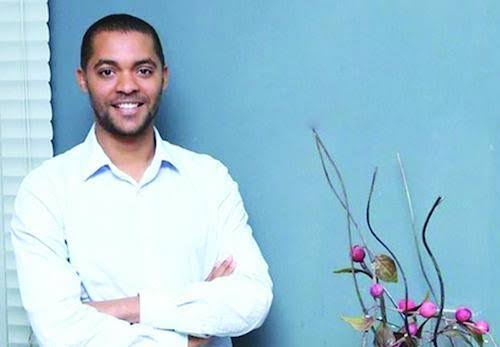When most people hear blockchain, their minds jump to Bitcoin or other cryptocurrencies. But the truth is that blockchain, the technology behind crypto, is far bigger than digital money.
In fact, businesses, governments, and nonprofits are already using it for everything from tracking goods in supply chains to securing patient medical records. For beginners curious about what blockchain can do outside of crypto, this guide breaks it down in clear, practical terms.
What Is Blockchain, Really?
At its simplest, blockchain is a digital ledger, like an online notebook, that records transactions in a secure and transparent way. Instead of being stored on a single computer, copies of this ledger are shared across thousands of computers worldwide, and this makes it extremely difficult to tamper with or hack.
To understand it better, think of blockchain as a road system, while cryptocurrencies like Bitcoin are just cars driving on it. The roads themselves can be used for much more than cars, trucks, buses, and bikes, just like blockchain can power many things beyond digital money.
Why Blockchain Matters
Blockchain has four key features that make it useful in everyday life:
- Transparency: Everyone can see records, which reduces corruption and fraud.
- Immutability: Once data is added, it cannot easily be changed.
- Security: Data is stored across many computers, making it harder to hack.
- Smart Contracts: Self-executing agreements that work automatically once conditions are met, like a vending machine releasing a drink after payment.
Everyday Uses of Blockchain Beyond Crypto
Here are some real-world examples where blockchain is already making an impact:
1. Supply Chain & Logistics
Big companies like Walmart and Maersk use blockchain to trace products from the farm to the supermarket shelf. This helps reduce fraud, improve food safety, and assure customers of product authenticity.
2. Healthcare
Hospitals and clinics can store patient medical records on blockchain, making them secure and accessible only to authorized doctors. This prevents medical errors and protects sensitive data.
3. Voting Systems
Blockchain-powered voting can make elections transparent and tamper-proof. Countries like Estonia have tested digital voting systems, and African nations are exploring similar tools to strengthen democracy.
4. Digital Identity
Instead of carrying multiple ID cards, blockchain can provide secure digital IDs. In Nigeria and Kenya, pilot projects are using blockchain to verify land ownership and academic certificates.
5. Creative Industries
Artists, journalists, and musicians can use blockchain to register ownership of their work. This ensures they get fair credit and payment when their content is used or sold.
6. Finance Beyond Crypto
Banks and fintech startups are using blockchain for cross-border payments, fraud detection, and digital contracts, without needing traditional middlemen.
Challenges to Watch Out For
Like every technology, blockchain has challenges. It can consume a lot of energy (though newer systems are more eco-friendly), regulations are still developing, and adoption takes time. Still, these are being addressed as the technology matures.
The Future of Blockchain
Experts predict blockchain will soon be as common as the internet is today. From verifying educational certificates in Nigeria, to improving healthcare in Ghana, to ensuring fair trade in global markets, the technology is steadily moving into everyday life.
As a beginner, the key takeaway is simple: blockchain is more than Bitcoin. It is a tool for trust. Just like the internet changed how we communicate, blockchain is set to change how we exchange value, verify information, and build digital trust worldwide.
Frequently Asked Questions (FAQs) About Blockchain
What Exactly Is Blockchain?
Blockchain is a digital ledger that records transactions in a secure, transparent, and decentralized way. Unlike traditional databases controlled by one authority, blockchain data is stored across many computers (called nodes). This makes it very hard to alter or hack.
Is Blockchain the Same as Bitcoin?
No. This is the most common misconception. Bitcoin is a cryptocurrency, while blockchain is the technology that powers it.
What Can Blockchain Be Used for Besides Cryptocurrency?
Blockchain has many practical uses beyond money such as supply chains, healthcare, creative work, digital identities, and voting.
Is Blockchain Really Secure?
Yes, but with some caveats. Blockchain’s decentralized design makes it extremely difficult to hack. Once a record is created, it’s nearly impossible to change without altering thousands of copies across the network.
How Can I Start Using or Learning Blockchain?
You don’t need to be a tech expert to get started. Here are beginner-friendly ways; take free online courses, explore blockchain-based apps, follow local blockchain startups, experiment with platforms.





